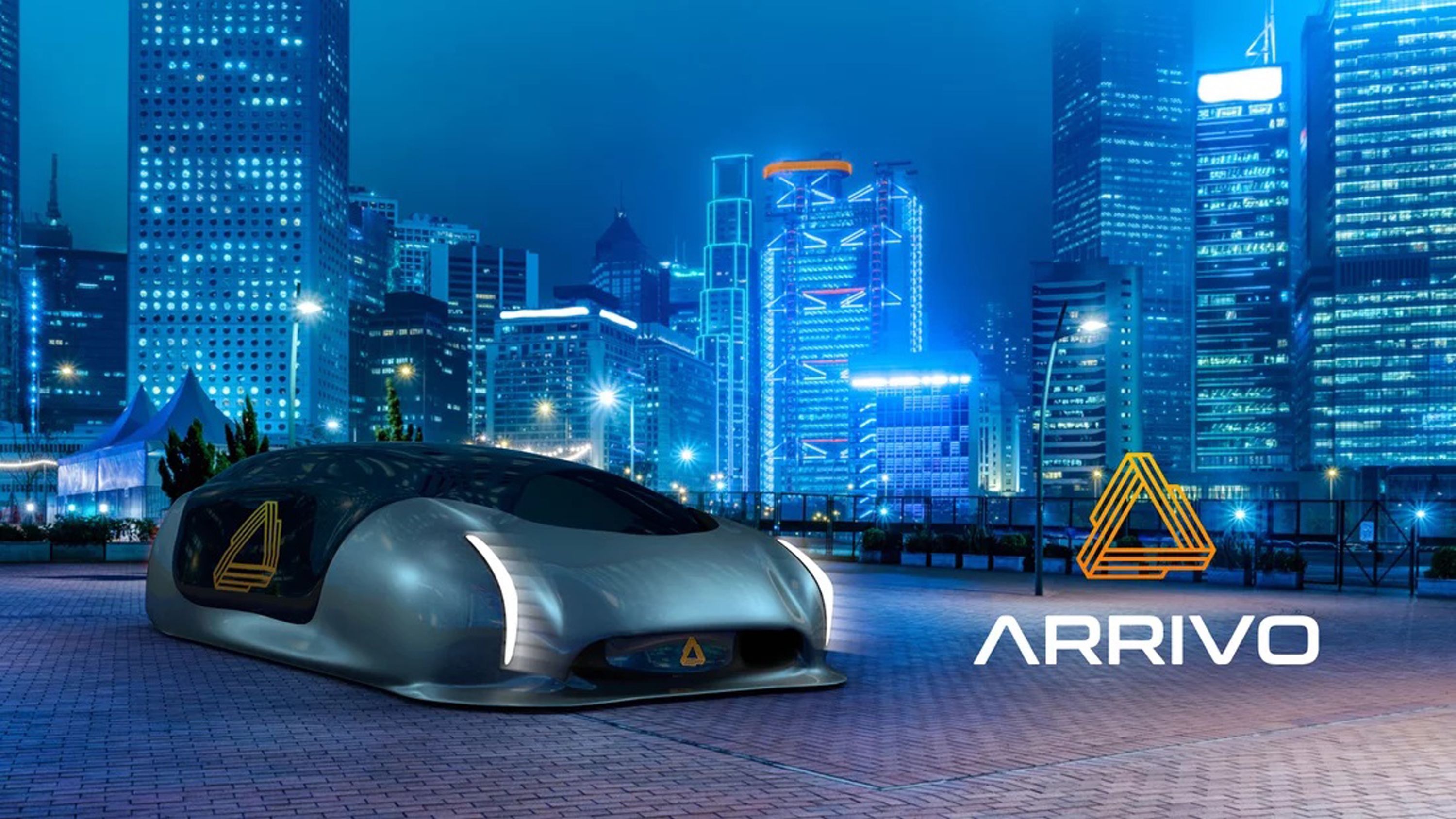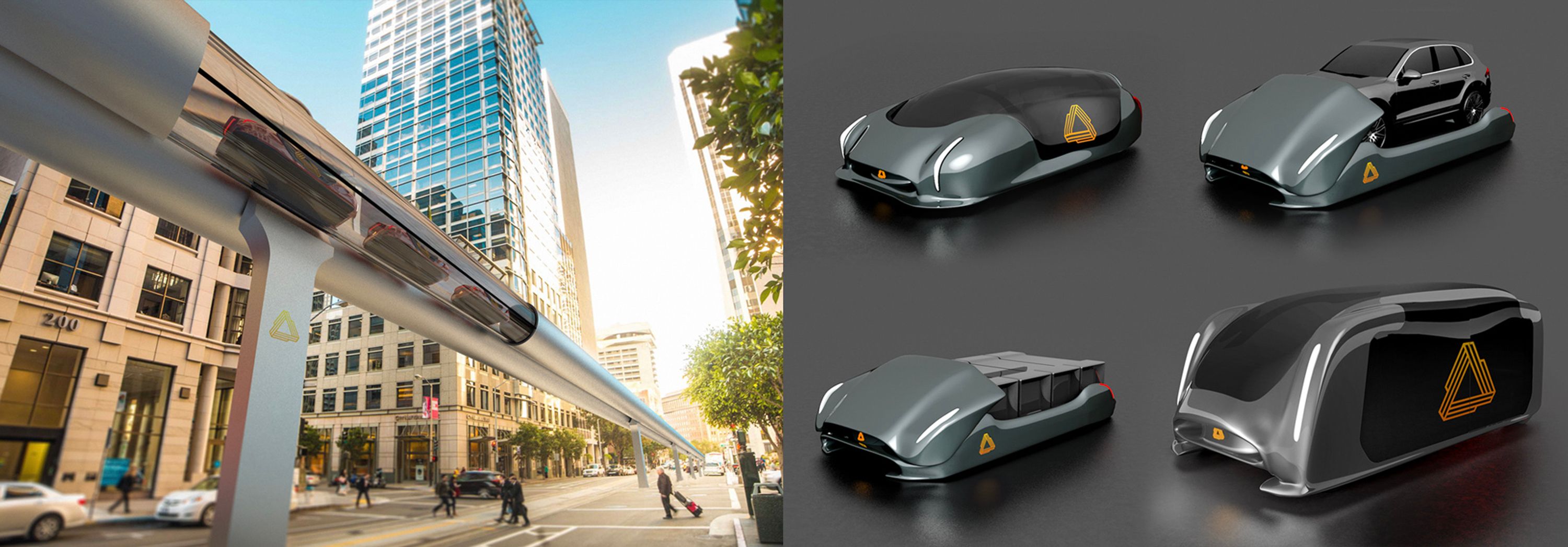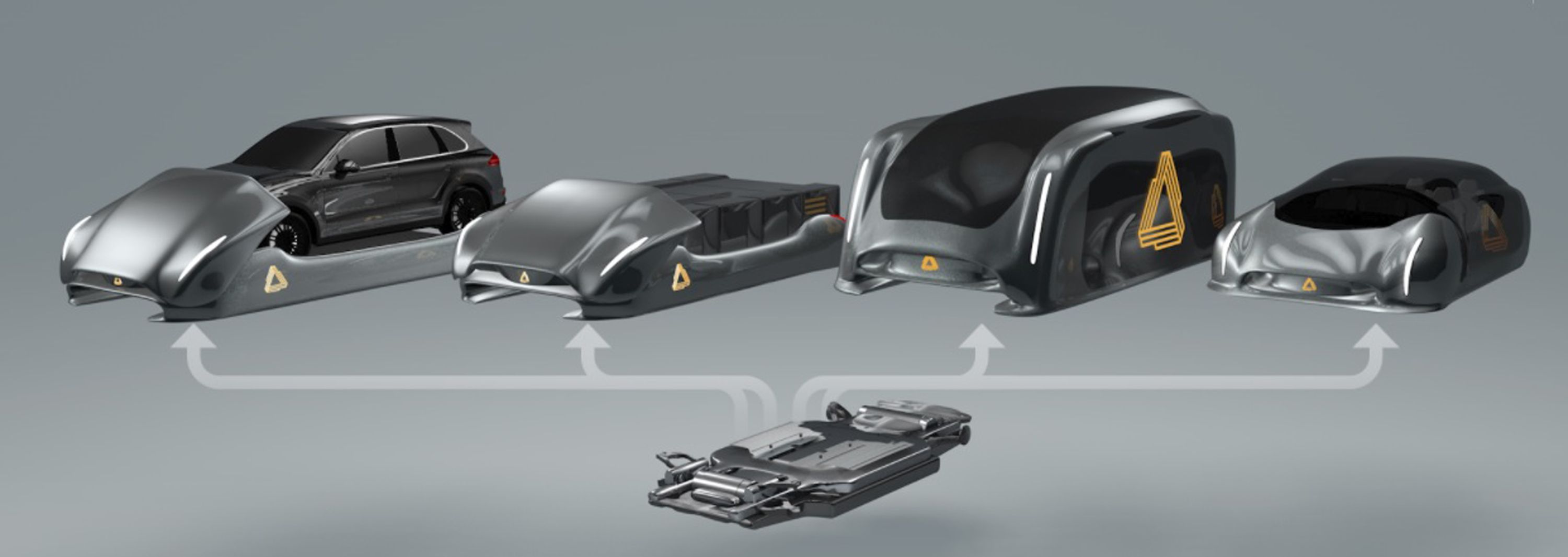Elon Musk’s Hyperloop One may be getting all the headlines in discussions among futuristic public transport, but a start-up company that traces its roots to Hyperloop One is making a pitch of a different sort. The company is called Arrivo, and it has partnered with the Colorado Department of Transportation to build what CEO Brogran BamBrogan calls a “hyperloop-inspired system.”
Ok, so it’s not technically a hyperloop in the vein of what Musk is envisioning. But it is a futuristic public transportation system that takes elements from the much-hyped Hyperloop One project and abides by the same end-goal of decongesting road traffic. It’s just doing it in a different and more traditional way. First, the project makes no use of low-pressure tubes, which are one of the most important elements of Musk’s Hyperloop One project. Instead, Arrivo will build magnetized tracks that run parallel to pre-existing highways. Second, the company isn’t promising the kind of travel that Hyperloop One is aiming for. That means the idea of traveling through a near-vacuum state at close to supersonic speeds has been tabled and replaced with a more traditional approach that makes use of magnetic levitation. BamBrogan says that this setup still allows for commuters to travel at speeds in excess of 200 mph. The startup’s proposal proved impressive enough that Colorado is jumping onboard to help facilitate Arrivo’s goal of building a network of tracks through the city of Denver. BamBrogan added that if everything goes according to plan, Arrivo will begin construction of the project in 2019 with the goal of becoming operational by 2021.
Continue after the jump to read the full story.
A new spin on an old idea
Ok, before you start dreaming of the possibilities with Arrivo’s proposal, a douse of cold water is in order. The company’s idea isn’t new; in fact, maglev trains are already working in parts of Japan and China. There’s no reinventing the wheel scenario here.
That said, it’s still an intriguing proposal, partly because it’s a bit more realistic than Musk’s grand vision for Hyperloop One. I also wouldn’t underestimate BamBrogan and Arrivo from actually bringing its proposal life. There are a lot of smart people in that company, some of whom, like BamBrogan, came from Hyperloop One. It’s not like this is their first rodeo in this field.
The simpler end-goal should also benefit the start-up. It’s not shooting for the stars with promises of grandeur, opting instead for a more ground-bound idea that’s sprinkled with elements of the Hyperloop One project. It’s still focused on the idea of high-speed travel, but instead of doing it between cities like Hyperloop One’s plan, it wants to do a shorter and more localized version of the system, hence the choice of Denver, Colorado as ground zero for the project’s development. According to BamBrogan, traveling the 32 miles from the Denver Airport to the city’s downtown area could take just nine minutes, faster than the 55 minutes it normally takes during rush hour. Likewise, traveling from Denver to Boulder will take just eight minutes, as opposed to the 60-minute malaise commuters are subjected to in traffic conditions.
There’s plenty of promise attached to Arrivo, but it’s equally important not to get caught up in the company’s vision. Arrivo, after all, is still a start-up. Likewise, the company is still in the process of conduction a feasibility study. There’s no guarantee that the project itself will get off the ground, literally and figuratively. Even with all the perceived benefits of such a system, don’t expect it to have little resistance from the community. In fact, there has already been some pushback with regards to noise issues and train crossing safety.
Arrivo is far from a slam dunk project. It’s an ambitious one relative to the status of the company. But great things come from small beginnings, and the state of Colorado seems to have bought into BamBrogan’s vision. Now it’s on Arrivo to deliver on that vision.
References
Read more about Hyperloop One.
Read more about Elon Musk.



